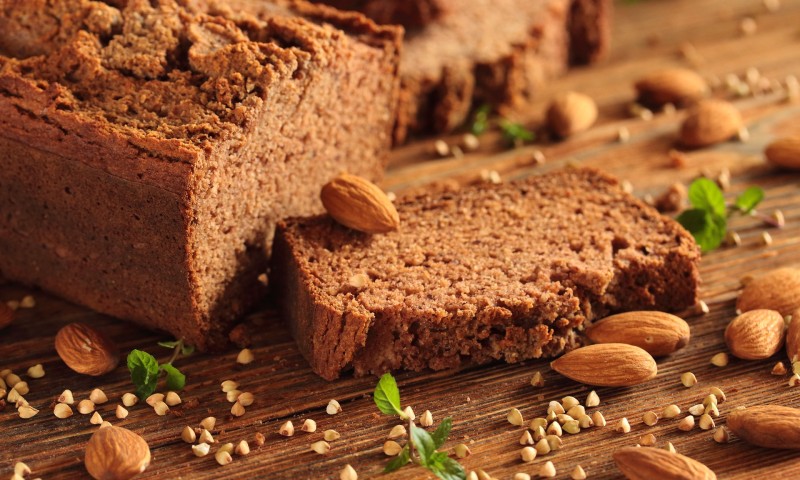Gluten-free diets have emerged as a popular nutrition plan in the world of health and wellness, often boasted about for their unique health benefits and ability to help individuals lose and manage weight. However, if you’re crafting a nutrition plan to help you meet your weight management goals, there are a few things you should know about gluten-free diets before embarking on one.
What ARE Gluten-free Diets?
First and foremost, it helps to have a certain definition. As it sounds, these diets completely eliminate the consumption of gluten — a protein found in wheat, rye, barley and other versions of these grains. For the most part, examples of these foods include:
- Breads
- Pastas
- Cereals
- Cookies
- Crackers
While these foods may seem very obvious, many other dishes, condiments and seasonings may contain gluten as well (salad dressings, broth, soy sauce, etc.). This is why reading the nutrition panel on all foods is so important!
Who Benefits from a Gluten-free Diet?
Although eliminating gluten-based diets from your food indeed sounds like a plausible way to lose weight and keep it off, gluten-free diets are primarily beneficial to individuals with either:
- Celiac Disease – A severe autoimmune disorder aggravated by consuming gluten
- Gluten Sensitivity – A less-severe, but still serious intolerance or allergy to gluten
If you are not affected by either of these conditions, there is no evidence-based reason for you to choose a diet that eliminates gluten. Gluten alone is not responsible for issues with weight; rather, it’s the specific food choices you make (which may or may not contain gluten) that matter.
What Really Matters
Still, though gluten-free diets aren’t a cure-all for weight management, there are a number of things to be said about incorporating similar nutrition styles in your own plan.
You may notice that many items containing gluten are found in the form of processed, low-nutrient foods. So, instead of resolving to abolish gluten from your diet, you may consider a different approach: filling your plate with natural, whole foods that are inherently beneficial to your weight and health goals. These include:
- Lean meats
- Fruits
- Vegetables
- Low-fat dairy
- Legumes
This type of nutrition shifts attention away from specific ingredients such as gluten, and instead focuses on the overall quality of the foods you eat. Managing your weight and health is less about elimination “absolutes,” and more so about making healthy choices and habits that you can follow for a lifetime.






